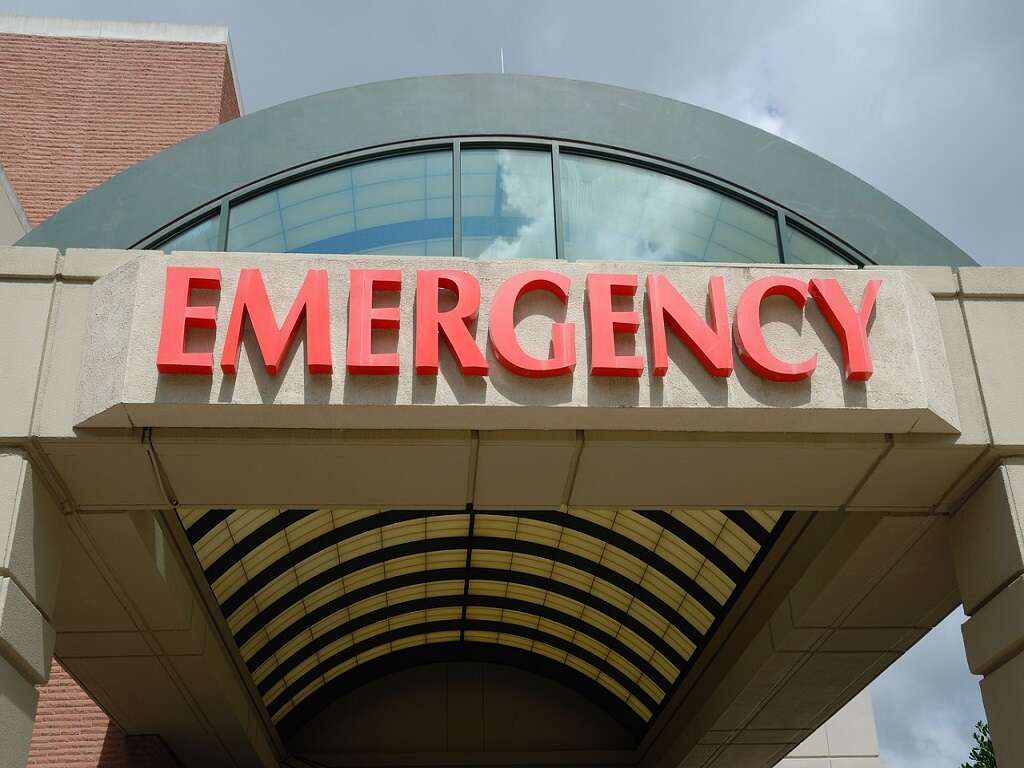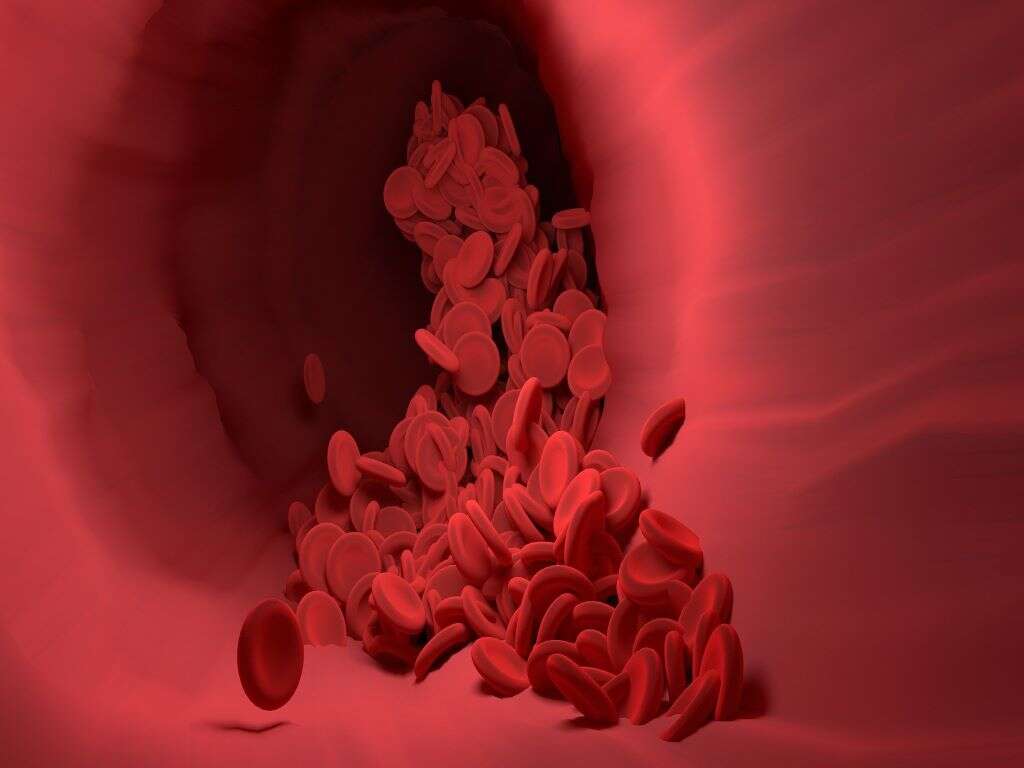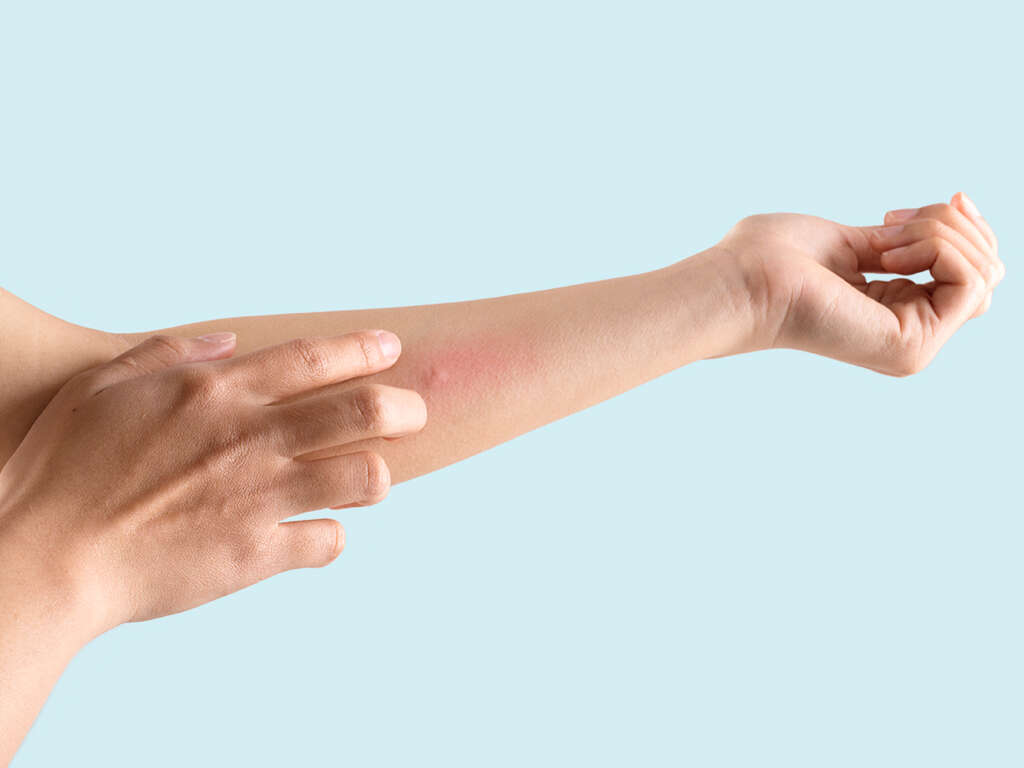10 Flesh Eating Bacteria Symptoms
 Article Sources
Article Sources
- 1. 'Necrotizing Fasciitis: Acting Fast Is Key.' Centers for Disease Control and Prevention, Centers for Disease Control and Prevention, 31 Dec. 2019, www.cdc.gov/groupastrep/diseases-public/necrotizing-fasciitis.html
- 2. 'Get the Facts about Necrotizing Fasciitis: The Flesh-Eating Disease.' APIC, apic.org/monthly/alerts/get-the-facts-about-necrotizing-fasciitis-the-flesh-eating-disease/
- 3. 'Necrotizing Fasciitis.' NORD (National Organization for Rare Disorders), 28 Oct. 2019, rarediseases.org/rare-diseases/necrotizing-fasciitis/
- 4. 'Fever: Symptoms, Causes, Care & Treatment.' Cleveland Clinic, my.clevelandclinic.org/health/symptoms/10880-fever
- 5. 'What Is Sepsis?' Centers for Disease Control and Prevention, Centers for Disease Control and Prevention, 27 Jan. 2021, www.cdc.gov/sepsis/what-is-sepsis.html
Sepsis
Sepsis is a flesh-eating bacteria symptom that can cause extensive organ damage and even death. This is a chain reaction of system-wide inflammation that can occur when an infection such as necrotizing fasciitis spreads throughout the body.
A person who develops sepsis may experience low blood pressure, a high heart rate, sweaty skin, shortness of breath, extreme pain and confusion. Anyone with these symptoms should seek medical attention immediately.5‘What Is Sepsis?’ Centers for Disease Control and Prevention, Centers for Disease Control and Prevention, 27 Jan. 2021, www.cdc.gov/sepsis/what-is-sepsis.html
Advertisement










